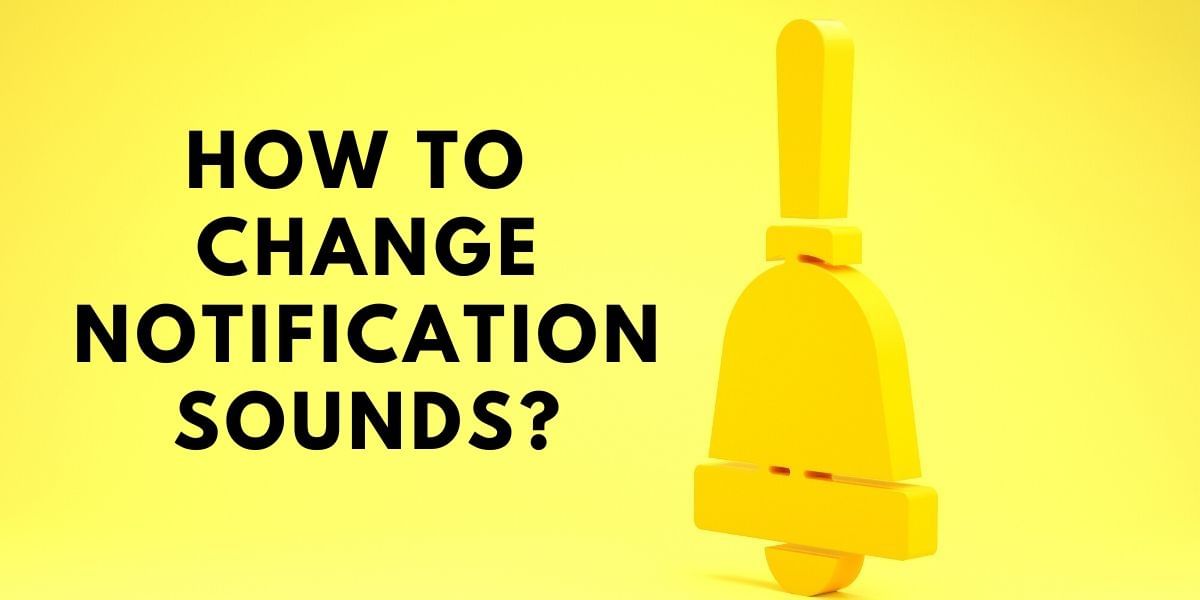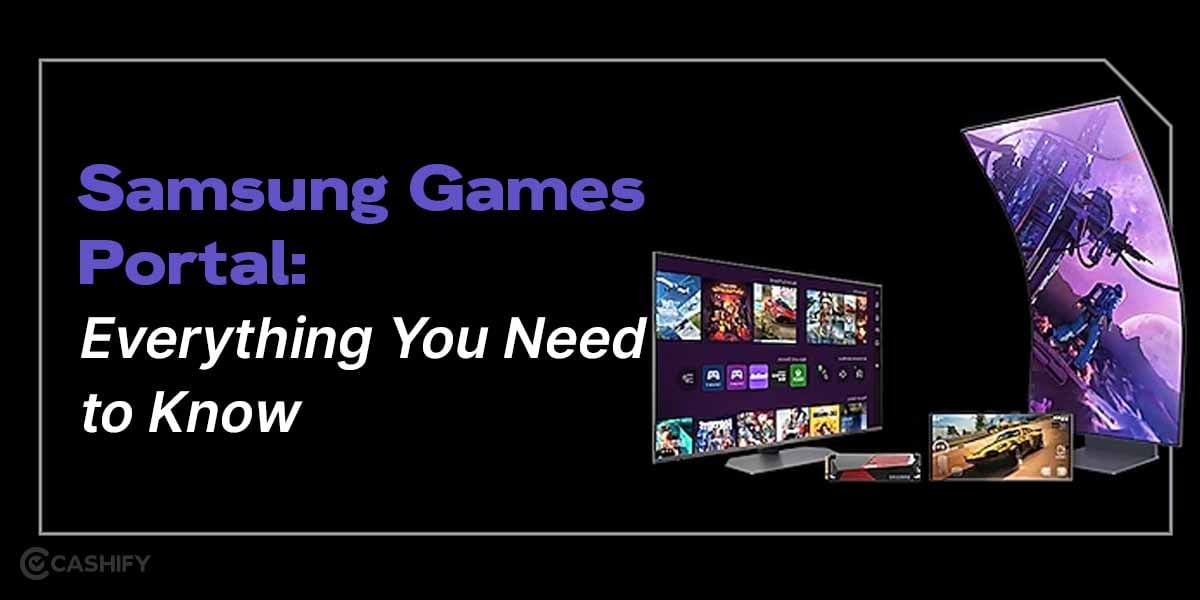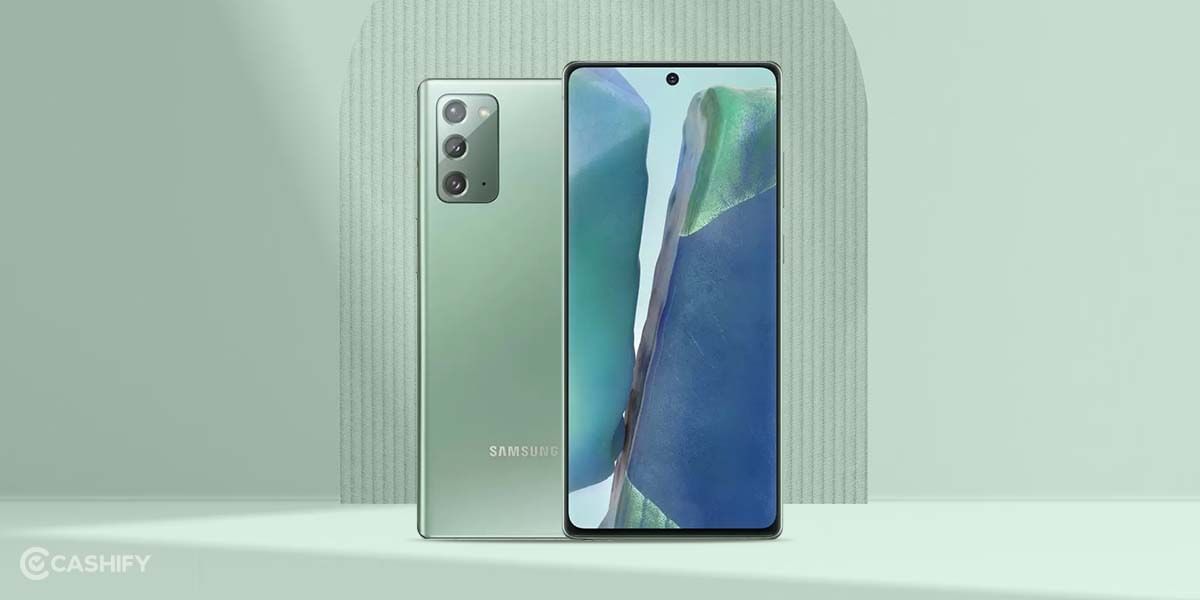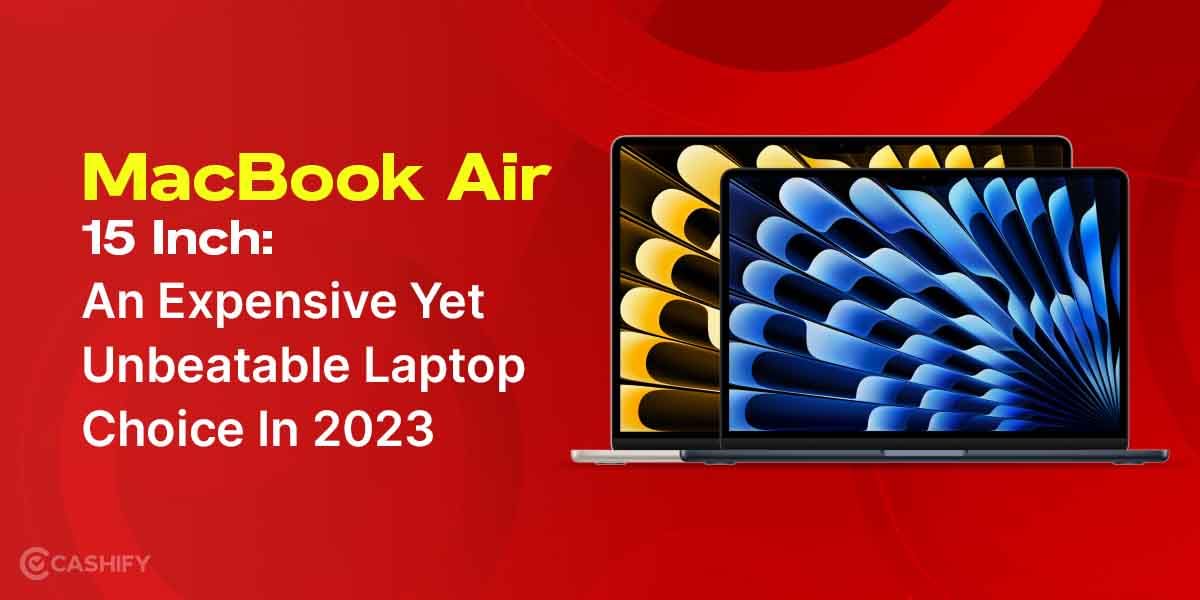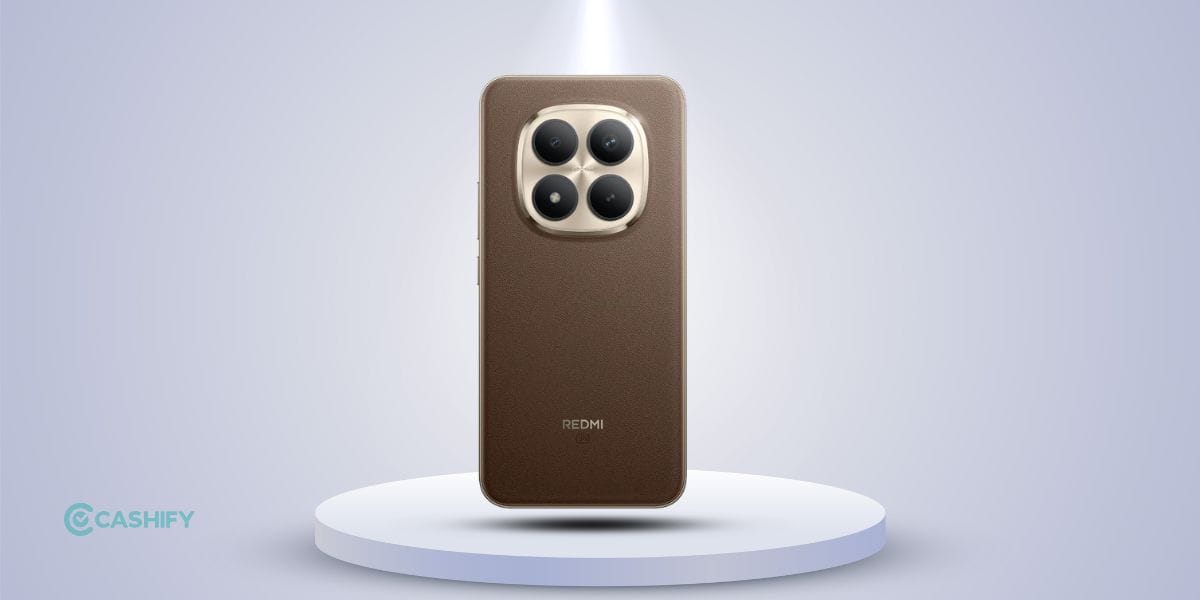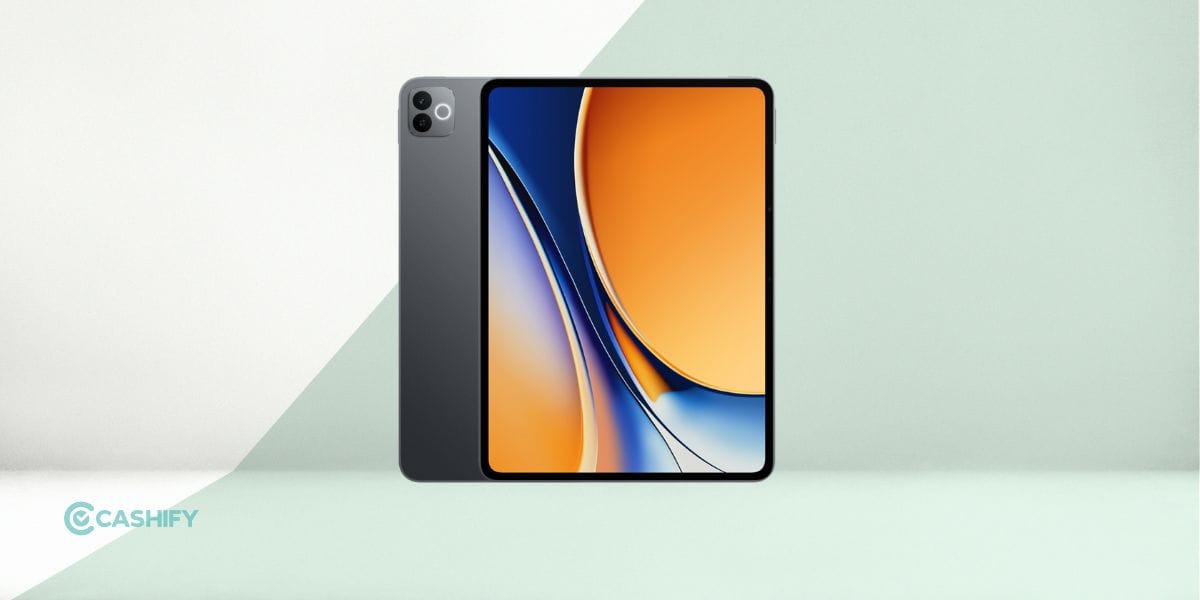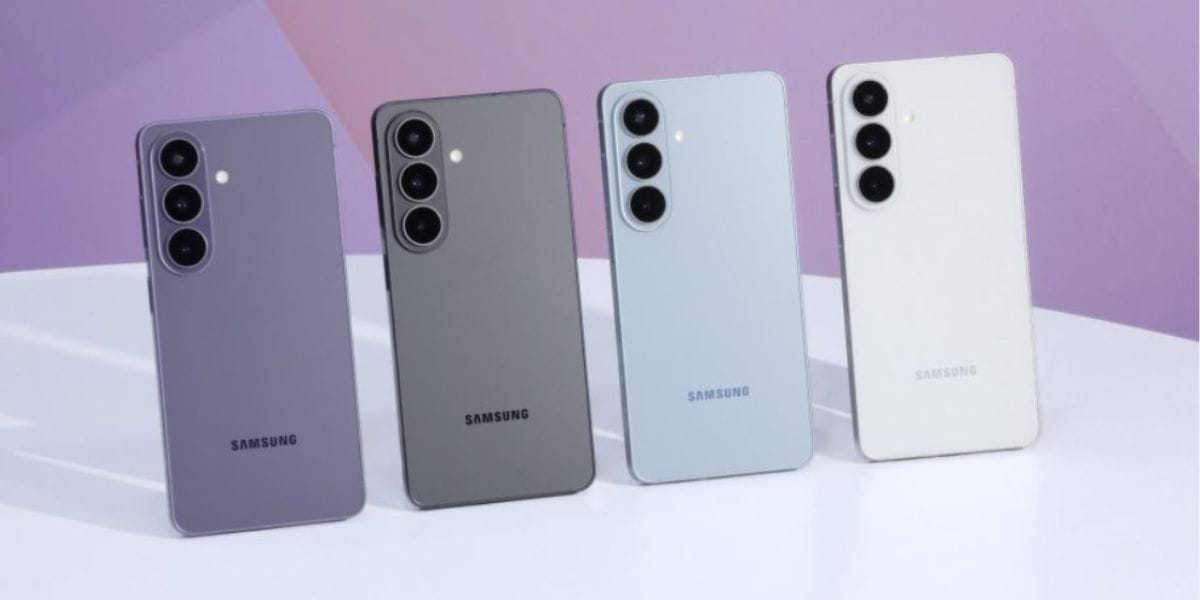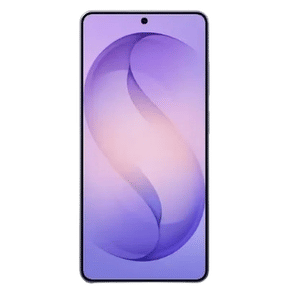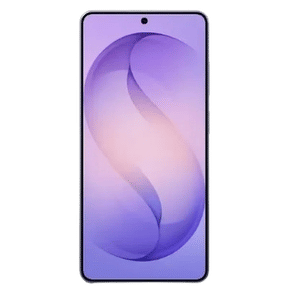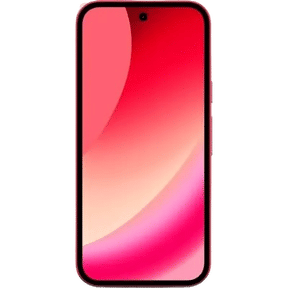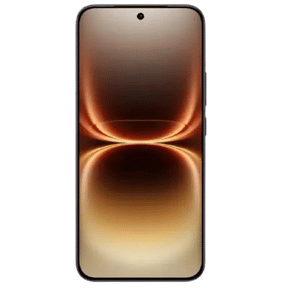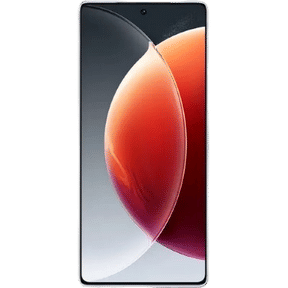Android SDK is crucial for the development of Android Apps and is important for most developers to get comfortable with. It includes a bundle of files that you will need to make Android apps on your computer. Android SDK comes with utilities and libraries that help in making Java programs work on the Android Platform. In this guide, we will run through the installation of the Android SDK and more
Also Read: How To Locate A Lost Or Stolen Android Smartphone
How to install Android SDK on your computer
While this process might sound overwhelming at first, it is comforting to know that most of the installation of Android SDK is handled in the background for you automatically. The SDK now comes with the Android Studio which is a great tool for developing Android Apps with ease. Android Development for beginners is getting easier each day and the recent updates mean that you only need to go through a single installation to get your development environment up and running. Android SDK also comes with the open Java Development Kit included so you do not have to download and install the latest version of JDK separately.
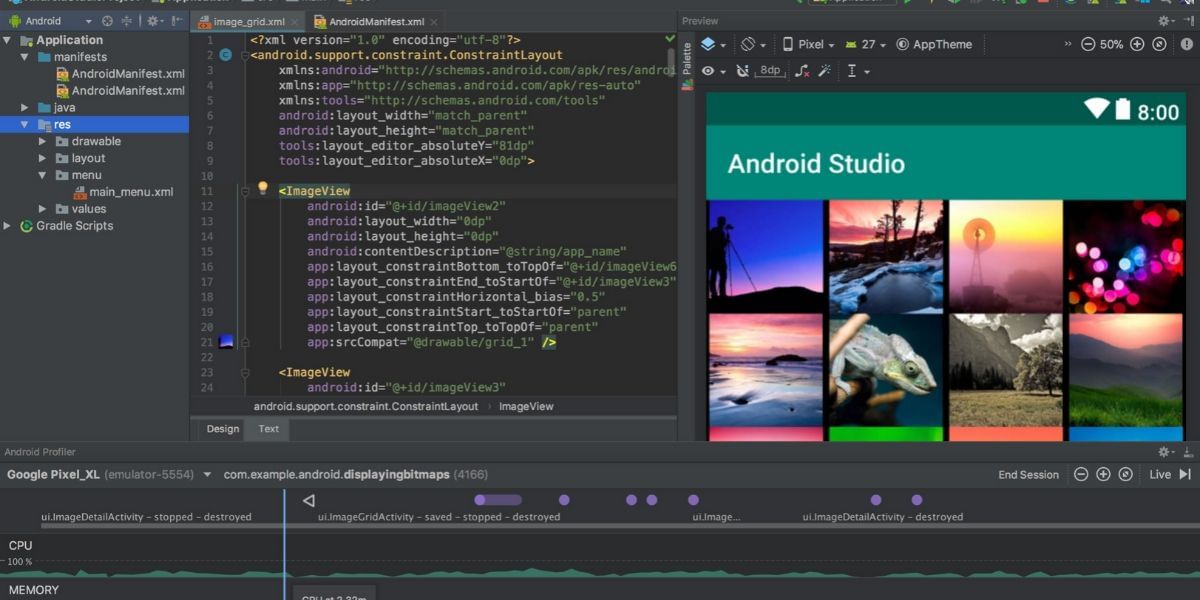
Installing Android Studio is a very simple process, you will simply have to download the installer and follow the steps prompted in it to progress the installation. You will be provided with an option to choose a path for the SDK to be installed, make sure you remember this location as you might need it in the future. Setting up Android Development for beginners has become very streamlined over the few years and it involves a few large files, so it might be a good idea to be prepared for longer than usual downloads.
Also Read: How To Install Android Pie Update On Your Smartphone!
How to Update the Android SDK
Installing the Android Studio software will install the latest SDK on your device, the SDK is constantly updated with new features and security updates and it is a good thing to ensure that your SDK is updated so you can support the latest versions. Android Studio comes with an SDK manager to help you keep the SDK updated. This tool is specifically for downloading parts of your SDK, open the SDK manager by heading to the Tools menu, and selecting the SDK Manager. You should now see a list of files under the tabs of SDK Platforms and SDK Tools.
The SDK platforms are the Android Platforms you are allowed to develop for, you will need at least one of them to create a working app, you can support all the latest features of Android by selecting the latest SDK version. Most new versions are backward compatible Unless you wish to implement any of the latest APIs introduced in the latest version of Android, you should be fine with ignoring this tab after going through with the initial installation.
Under the SDK Tools tab, you will find a list of the other elements that build up the SDK and you can install them individually. The elements that have a blue box with a dash through indicate that they are ready for updating. The most important thins here are the Android SDK build tools, Android SDK Platform Tools, and the Android SDK Tools. You can also browse and select the Android Emulator and the system images if you wish to run and test the apps on your PC.
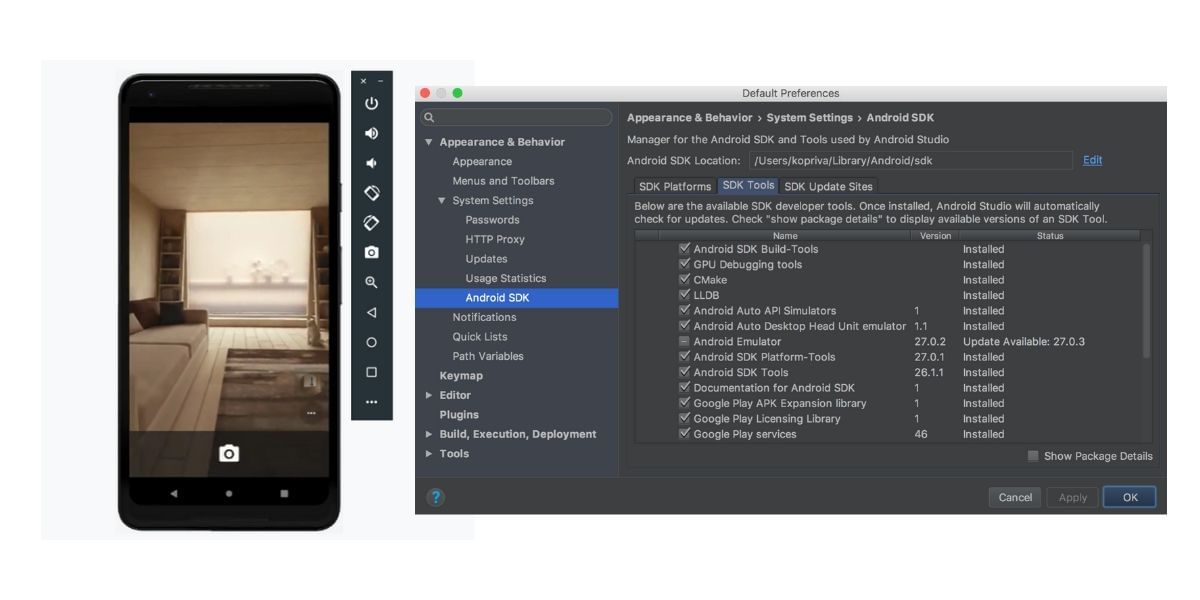
Android Studio will let you know if it receives any mandatory updates so you can generally ignore the SDK Manager for the most part. You will only need the SDK Manager if you want to support the most recent versions of Android or if the new SDK introduces a new API that you wish to implement.
Also Read: A Brief History Of Google Doodles, And Our Top 5 Google Doodle Games!
Using the Android SDK separately
There are instances that you will need to use the Android SDK on its own, this is common if you need to use it with a different Integrated Development Environment or IDE a common example of which is Unity. Unity is a cross-platform Game Engine that supports Android, iOS, Windows, and more. You will use a completely different interface with this and even a different programming language. However, you will still need a copy of the Android SDK for this to work and to compile working APK’s ready for your Android device.
To make things simple, it is recommended to install Android Studio along with the SDK as mentioned before. As we mentioned above about making a note of the path, you will need this to tell the other IDEs such as Unity about the location of the SDK on your computer. You will find the option to enter the path for the SDK in the Settings, each IDE has a different process for entering the path and this can be easily found using a Google Search. Copy and paste the link to the Android SDK that we have noted down before.
Also Read: How To Connect Your Desktop To Wifi Internet Using An Android Smartphone
Depending on the IDE you might have to install the Java Development Kit separately and provide a path for that too, to install JDK you can head over here at Oracle.com and download the latest version. Then execute the installer and follow the steps to install the JDK. While the entire Android Studio package can be very helpful, it does take up a significant amount of space, if you wish to avoid that then you can choose to just install the command line tools from here, this comes with tools such as ADB and a few more.




